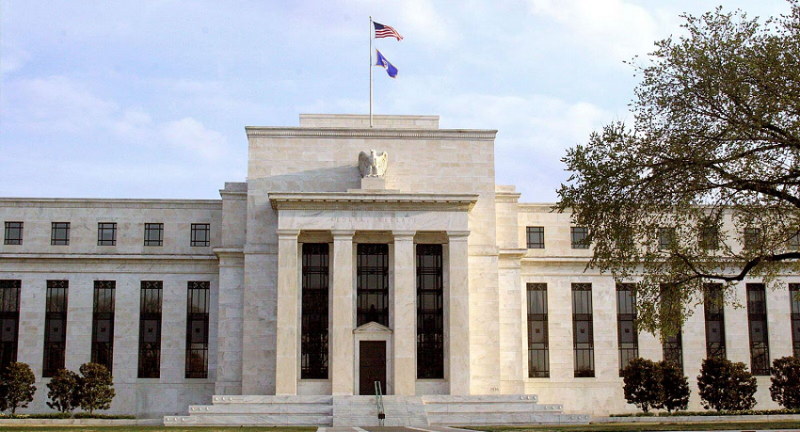
The US economy added significantly more jobs than anticipated in May, with consumer inflation remaining uncomfortably high. However, the Federal Reserve is unlikely to adjust policy rates ahead of the upcoming Presidential election later this year.
According to a report by Jefferies, a multinational investment bank, hopes for pre-election Federal Reserve easing were dashed with last Friday's employment data release. Nonfarm payrolls in the US surged by 272,000 jobs last month, as reported by the Labor Department's Bureau of Labor Statistics.
The government and healthcare/social assistance sectors contributed 126,500 jobs to the overall increase, accounting for a substantial 47% of the new jobs generated, reflecting the impact of fiscal easing.
Jefferies noted, "They have been running at an average 60% in the past 12 months, reflecting the impact of fiscal easing." Discussing the combined impact of employment and inflation, the investment bank now forecasts a reduced likelihood of interest rate cuts in the US this year. "If the inflation data is somewhat encouraging for the Fed, the net result of the employment and inflation data points is that money markets are now expecting 47 bp (basis points) of Fed rate cuts this year, as opposed to 50bp before both sets of data were announced," Jefferies asserted.
During its latest policy meeting, the Federal Reserve officials indicated that they now anticipate only one 25 basis points rate cut this year, and a total of 100 basis points of rate cuts by 2025. This is a revision from their previous forecast of 75 basis points of rate cuts each for 2024 and 2025, anticipated back in March.
Inflation remains a crucial issue leading up to the Presidential election in the US, scheduled for November 5. Consumer price inflation in the US continued to trend down but remained above 2%, a persistent concern for the Federal Reserve. Over the 12 months through May, inflation increased by 3.3% year-on-year.
In response to high inflation, the US Federal Reserve voted during its latest monetary policy meeting to maintain the key interest rate unchanged at 5.25-5.50%, keeping the policy rate steady for the seventh consecutive time.
During the COVID-19 pandemic, interest rates were near zero, as the central bank sought to achieve maximum employment and inflation at a rate of 2% over the longer term. Raising interest rates is a monetary policy tool that typically helps reduce demand in the economy, thereby aiding in lowering the inflation rate.
EU Imposes Additional Tariffs on Chinese Electric Cars to Level Playing Field
PM Modi to Attend G7 Summit in Italy: Know India's Role and Contributions
Auto Industry Urges GST Reduction for Two-Wheelers Based on Fuel Types
Centre Pushes for GST Inclusion of Petrol, Diesel; No Plans for OMC Stake Sale?